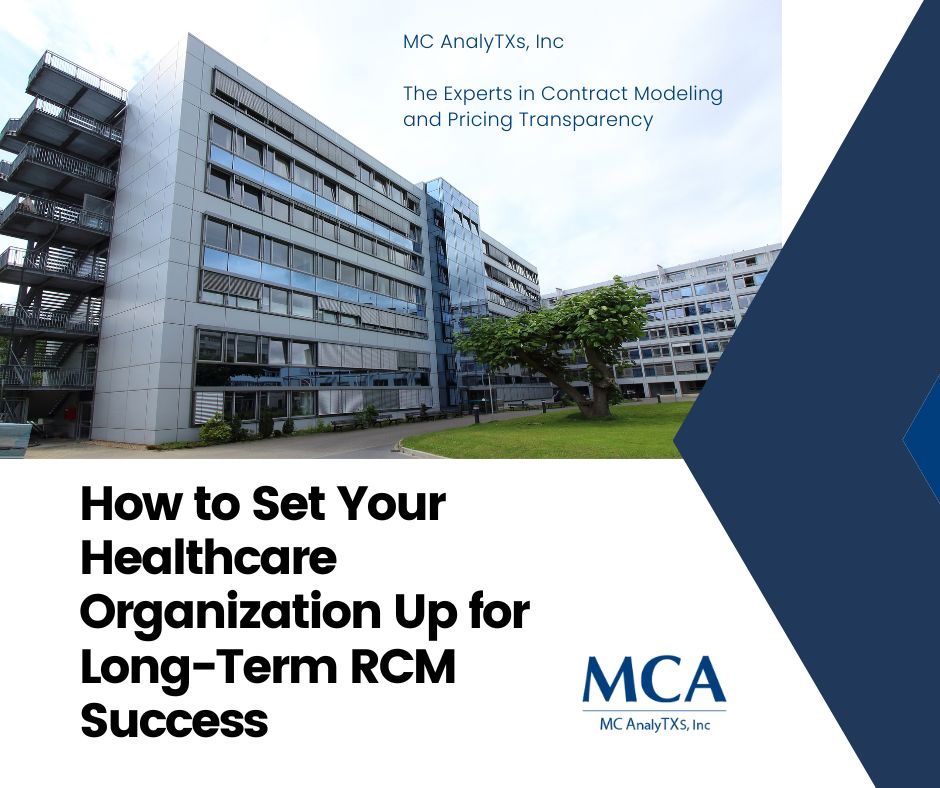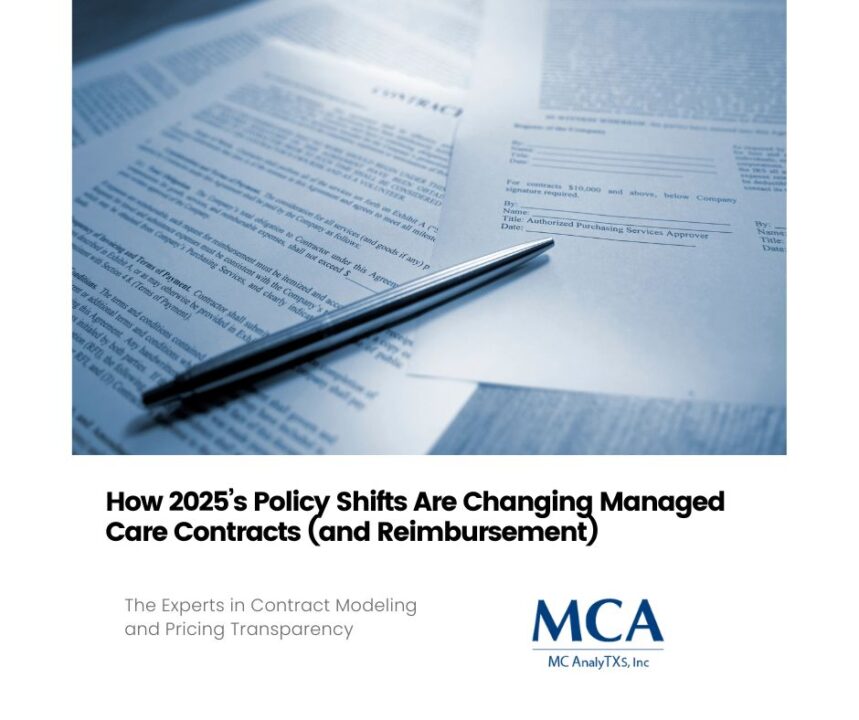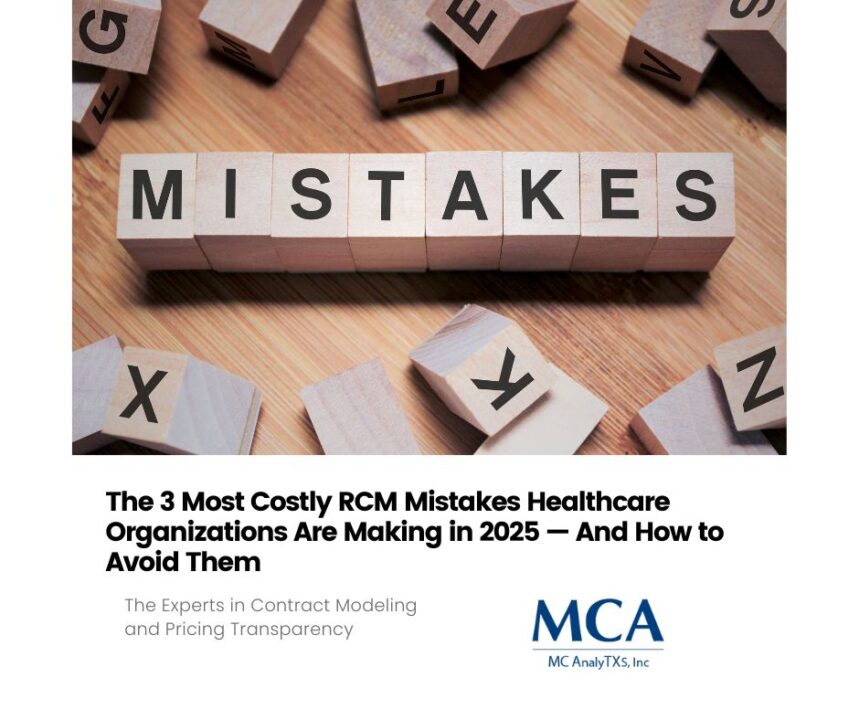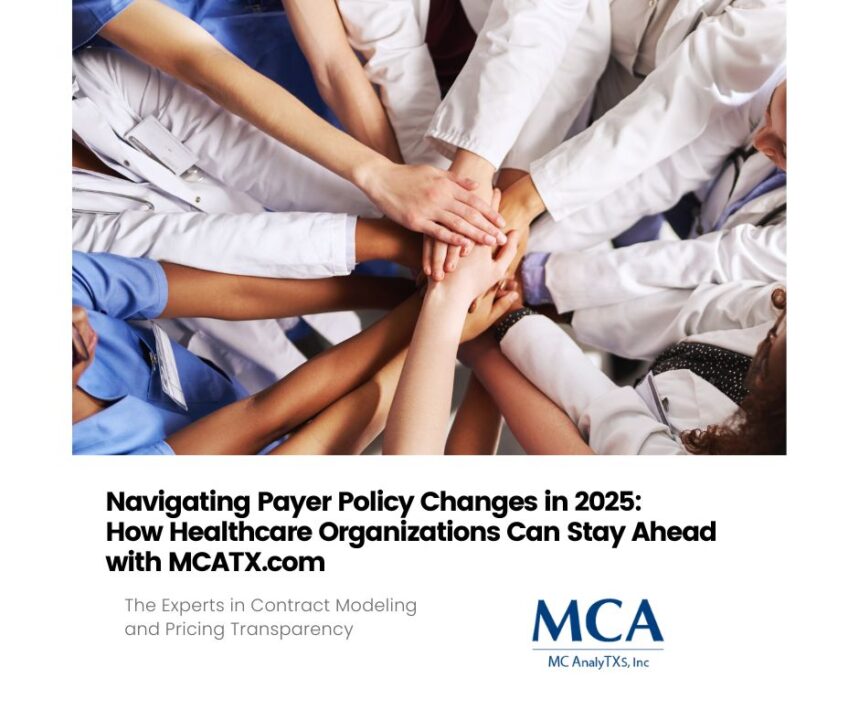
Unlocking Immediate Revenue: How Inefficient Onboarding Can Hurt Your RCM Bottom Line
January 29, 2024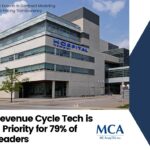
Why Revenue Cycle Tech is a Priority for 79% of Leaders
February 2, 2024The financial heartbeat of every healthcare organization is its Revenue Cycle Management (RCM) system. In today’s rapidly evolving healthcare landscape, the efficiency of your RCM process can be the difference between an establishment that thrives and one that merely survives.
For healthcare executives and RCM professionals seeking sustainable success, it’s essential to foster an environment where patient care aligns seamlessly with revenue optimization. In this comprehensive guide, we delve into strategies that will position your organization for enduring RCM triumph.
Understanding RCM
Before diving into strategies, let’s unpack RCM. The revenue cycle encompasses everything from when a patient appointment is booked to the moment the final bill is paid. But it’s not just about transactions; it’s about how efficiently you handle patient data, claims, payments, and compliance throughout the healthcare delivery process.
Today’s RCM landscape is fraught with challenges such as regulatory shifts, technological integration, and pressure to reduce healthcare costs while improving patient care. Staying ahead requires a combination of innovation, strategic planning, and precise execution.
Building a Strong Foundation
RCM’s success begins with establishing a robust foundation. This involves setting clear, actionable goals aligned with your financial and healthcare delivery objectives. Creating comprehensive policies and procedures minimizes room for error and sets standards for success.
Investment in advanced RCM technologies and the automation of manual processes significantly elevate productivity. Healthcare institutions leading the RCM curve leverage state-of-the-art software to streamline billing, claims processing, and data management.
Optimizing Processes
Process optimization is paramount in revenue cycle enhancement. This starts at the front end, where patient registration and insurance verification are handled efficiently, thus preventing future claims issues. Implementing checks and balances ensures accuracy in capturing patient details and coverage information.
Enhanced coding and documentation practices play pivotal roles in mitigating costly coding errors and denials. With the complexity of healthcare coding structures, investing in ongoing training for coding staff is essential for maintaining accuracy.
Claims management is another cornerstone – sophisticated claims scrubbing tools and regular audits can significantly reduce denials and underpayments, and improve cash flow.
Data Analytics and Reporting
Data is the compass that guides RCM strategy. Leveraging analytics tools equips your organization with actionable insights to pinpoint inefficiencies and predict future trends, leading to more informed decision-making. Analytics platforms today offer real-time reporting, revealing day-to-day operational performance and enabling proactive management.
Staff Training and Education
The often-underrated element of RCM success is human resource capability. Providing comprehensive training in RCM best practices is vital to ensure staff are well-equipped to handle the complexities of the revenue cycle. Regular professional development and keeping staff abreast of current trends will keep your RCM processes sharp and forward-thinking.
Staying Compliant and Adapting to Changes
Compliance isn’t just about avoiding fines; it’s about demonstrating your commitment to ethical medical billing and coding practices. This means staying current with changes in regulations and payer policies, which can have profound implications for your RCM process.
Moreover, as the technological and regulatory environment continues to evolve, embracing change and innovation is a critical success factor. This includes adopting new payment models, integrating telehealth billing, and keeping up with industry standards like ICD-11.
Conclusion
Positioning your healthcare organization for sustainable RCM success requires a multifaceted approach. From implementing cutting-edge technologies to refining processes, and fostering a culture of continuous learning, the road to RCM excellence is paved with meticulous planning and execution.
The advancement of your RCM practices should occur in tandem with the overarching aim of healthcare—to deliver exceptional patient care. By balancing economic objectives with patient-centric values, your organization will not only see financial benefits but also support the broader mission of improving healthcare outcomes.
To learn more join our upcoming webinar Thu, February 22nd, 2024, at 1:00 PM CST


